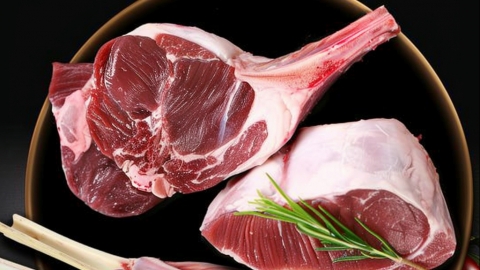Can I eat beef if I have high uric acid levels?
Generally, people with high uric acid levels can consume small amounts of beef, but they must strictly control the quantity and choice of cuts, avoiding excessive or frequent consumption. Detailed analysis is as follows:

Beef belongs to the group of foods with moderate purine content. Moderate consumption typically does not cause significant increases in uric acid levels and can provide essential nutrients such as high-quality protein and iron, helping maintain normal physiological functions. It is recommended to choose lean cuts with low fat content, such as beef tenderloin or beef shank. Each serving should be limited to 50-75 grams, no more than 1-2 times per week. When consuming beef, intake of other moderate-purine foods should be reduced accordingly to avoid exceeding the daily purine limit. If individuals with high uric acid levels are in an acute flare period or have consistently poor control of uric acid levels, beef consumption is not recommended.
In daily life, individuals with high uric acid should adhere to a low-purine diet, eat more fresh vegetables and fruits, drink plenty of water to promote uric acid excretion, prioritize low-purine protein sources such as eggs and milk, regularly monitor uric acid levels, and incorporate moderate exercise to help maintain stable uric acid levels.







